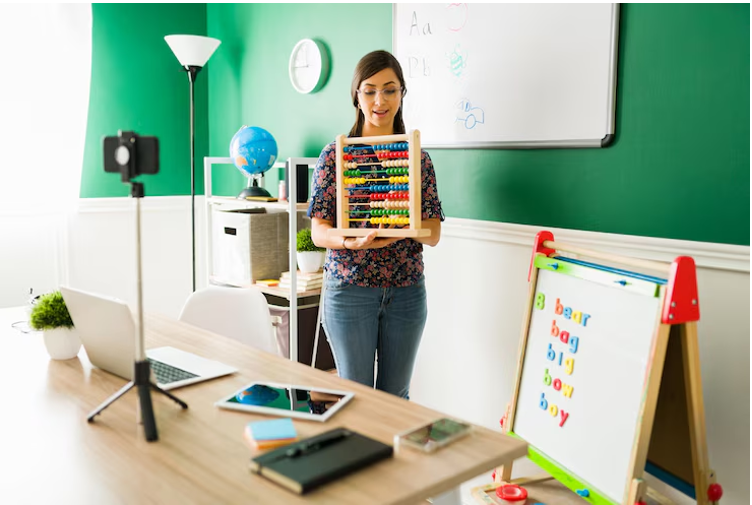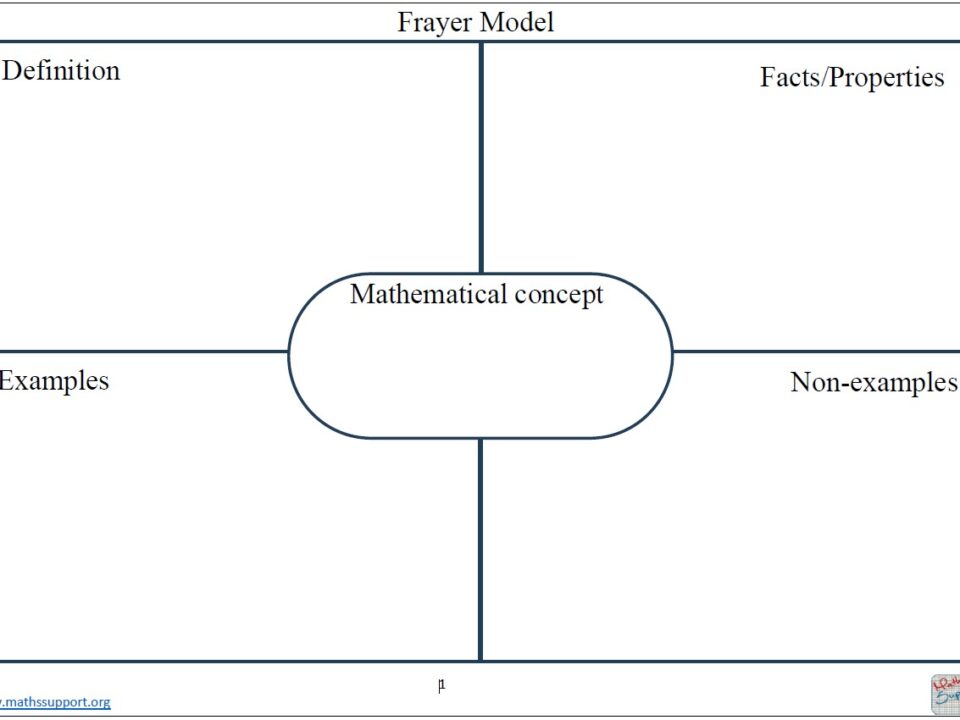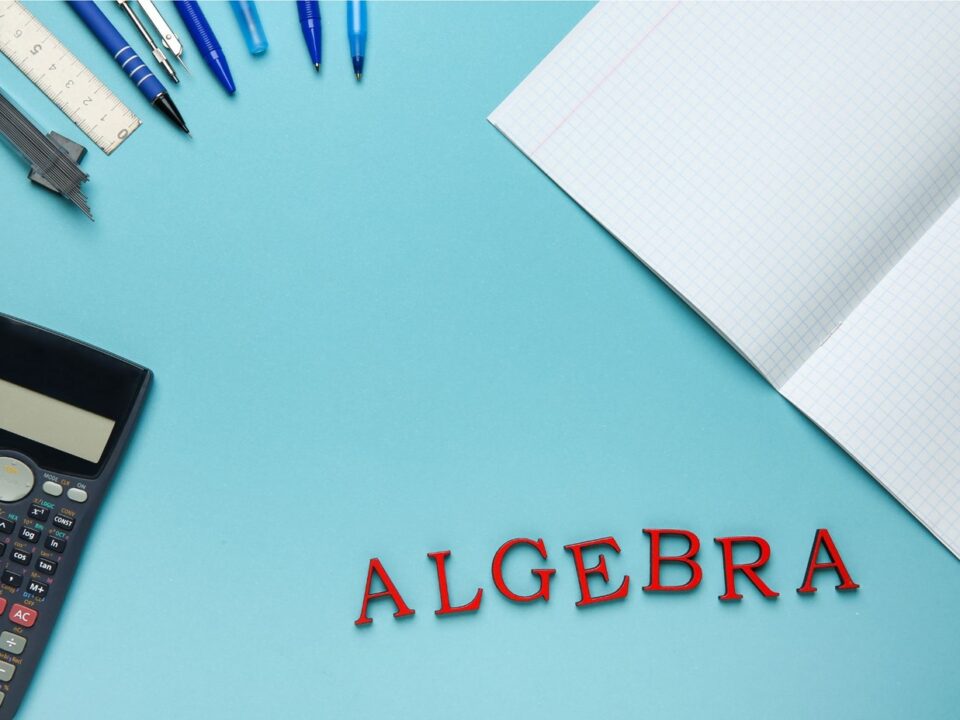How to make algebra more accessible and meaningful for students.
How to make algebra more accessible and meaningful for students.
Written by Pakeeza Sharafat.
Algebra sucks!, Why are we studying Algebra? I can’t see its relevance in the real world……
These phrases you might have heard from your students, and it’s challenging to respond to them positively so that their interest in learning algebra remains.
Fear not, Maths teachers! Today’s blog is packed with tips to show your students how algebra rocks in the real world. Let’s explore the amazing benefits of algebra and turn those groans into grins!
Benefits of Learning Algebra
Algebra helps us when we are trying to determine an unknown value in any mathematical problem. It isn’t just about solving for “x”. It sharpens critical thinking, problem-solving, and logical reasoning skills. From real-world applications to career advancement, mastering algebra opens doors to various fields like science, engineering, finance, and beyond.
1. Foundation for Advanced Mathematics
Algebra teaches the basics like variables, equations, and functions. These are the tools we need for trigonometry, calculus, and statistics. By mastering algebra, we become a problem-solving whiz, ready to tackle any math challenge that comes our way.
Whether exploring shapes and angles in trigonometry, figuring out how things change in calculus, or making sense of data in statistics, algebra is the key. It unlocks a whole universe of Maths for us to discover!
2. Applications in Various Fields

Algebra permeates diverse fields, from engineering to daily chores. In science, it models complex physical phenomena, while in engineering, it designs structures and systems. Financial analyses rely on algebraic equations, and computer science thrives on algorithms rooted in algebraic principles.
Even everydays tasks like adjusting recipe quantities or understanding the physics behind everyday actions draw on algebraic concepts. Algebra empowers individuals to navigate and innovate across a spectrum of disciplines by bridging theoretical constructs with practical applications, shaping our world.
3. Developing Life Skills
Algebra isn’t just about solving equations; it’s a catalyst for developing essential life skills. Let’s take a look on the life skills algebra boost:
● Problem-solving and Critical Thinking
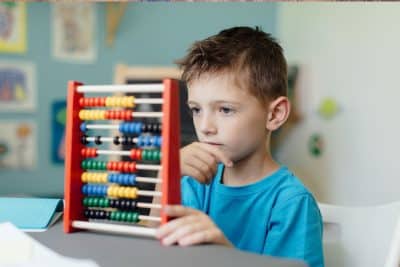
Algebra is the ultimate playground for problem-solving. By grappling with equations and unknowns, learners develop resilience to tackle complex challenges, fostering adaptability and resourcefulness. Each solution unveils a new perspective, nurturing critical thinking skills for navigating the complexities of both academic and real-world scenarios. For example to calculate the total cost of purchasing multiple items with different prices and quantities, algebraic equations can be used.
● Logical Reasoning and Analysis
In algebra, every step must be justified, every move reasoned. This cultivates a disciplined approach to logical reasoning, where students learn to dissect problems, identify patterns, and construct logical arguments. For example solving algebraic equations, each step must be logically justified. For instance, in solving 2x+5=11, subtracting 5 from both sides is essential because it maintains the equation’s balance. This process teaches logical reasoning and analysis.
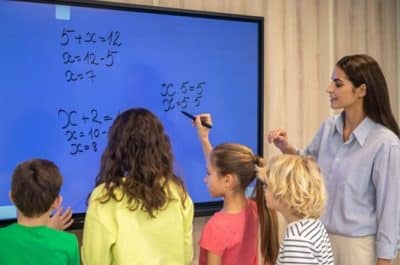
● Abstract Thinking and Symbolic Representation
Imagine Maths that goes beyond counting apples or marbles. Algebra is like that! It uses letters (like x and y) instead of numbers, letting you explore ideas and solve problems that can’t be tackled with just counting. By playing with these symbols and equations, we are able to develop a superpower called “abstract thinking.” This lets us see patterns and relationships in the world around us, even in complex situations. It’s like brain training for problem-solving, making us more creative and ready to face any challenge that come.

● Communication and Explanation of Mathematical Concepts
Effective communication becomes second nature when explaining a solution to a problem or justifying a mathematical process. For instance explaining how to solve a linear equation 3x+2=8 involves articulating the steps taken, such as isolating the variable x. Clear communication ensures that others understand the solution process, showcasing practical communication sills essential in conveying mathematical concepts.
Conclusion
I hope this blog helps you to show your students the relevance of Algebra in real world. So, the next time you hear a groan about Algebra, remind your students that it’s the key to unlocking a world of possibilities!
Algebra empowers them to not just solve problems, but to think critically, analyze logically, and approach challenges with creativity. It’s the foundation for further math adventures and a valuable tool for various careers and even everyday life. You can benefit from Maths support Algebra resources too.
Share your thoughts and experiences with algebra in the comments. After all, learning is a journey, and we’re all in it together!


